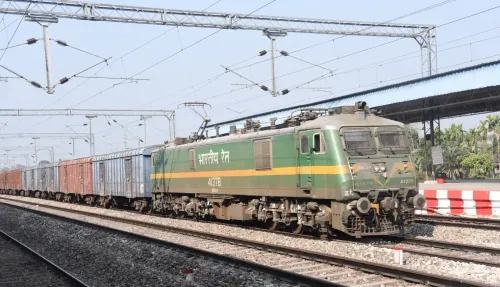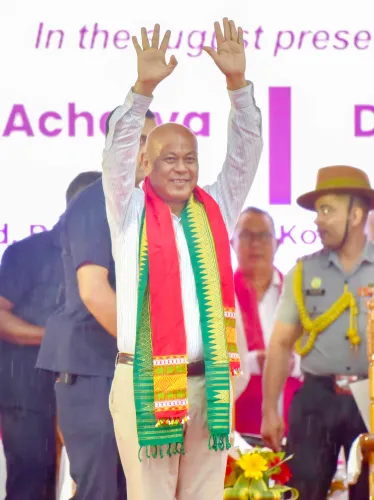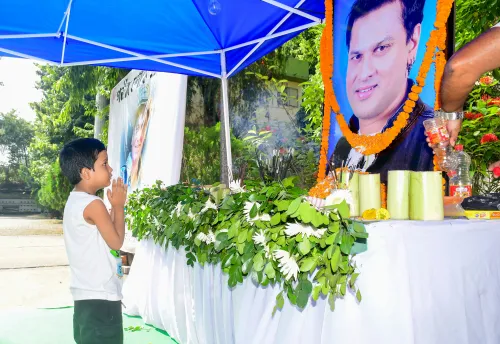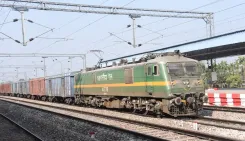Has the Centre Acknowledged a Shortage of Medical Isotopes?
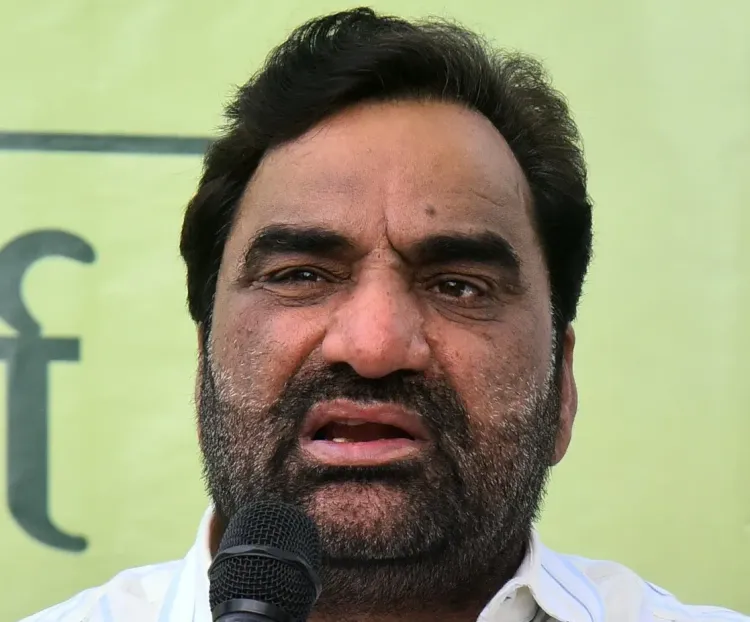
Synopsis
Key Takeaways
- Central government admits to a shortage of medical isotopes.
- Isotopes critical for cancer treatment are affected.
- MP Beniwal emphasizes immediate action.
- Patients face long travels for diagnostics.
- New isotope reactor expected by 2035.
Jaipur, Aug 6 (NationPress) In response to a query posed by MP Hanuman Beniwal in the Lok Sabha, the Central government has officially recognized the deficit in the supply of essential medical radioisotopes that are pivotal for cancer diagnosis and treatment. These include Iodine-131 (I-131), Molybdenum-99 (Mo-99), and Fluorine-18 (F-18), with Mo-99 serving as the parent isotope for Technetium-99m (Tc-99m), which is the most commonly utilized isotope in cancer healthcare.
The government has admitted that the availability of these isotopes does not meet the national demand, highlighting a 10–15% shortage in isotopes such as Lutetium-177 (Lu-177) as well.
Despite the government stating that no formal complaints have been lodged by either government or private hospitals regarding isotope shortages, MP Beniwal argues that this does not align with the actual situation on the ground. Nationwide, particularly in Tier-2 and Tier-3 cities, hospitals frequently encounter irregular or delayed deliveries, leading to postponed treatments and disrupted diagnostic procedures.
The crisis is particularly acute in Rajasthan and western India, where cancer treatment facilities in Jaipur and Jodhpur often grapple with treatment delays due to limited isotope supplies. Patients in districts like Nagaur, Bikaner, Sikar, and Jhunjhunu often must travel 200-300 km to access necessary diagnostic services, imposing a heavy burden of time, travel, and costs on rural and economically disadvantaged patients.
The government has also informed Parliament that a new isotope reactor, operating under the PPP model, is not expected to be functional until 2035. This indicates that for the next decade, India will have to rely on existing domestic production and imports to satisfy its needs.
Expressing serious concern, MP Hanuman Beniwal has urged the government to ramp up domestic production of Mo-99, I-131, and F-18 with urgency. He called for immediate measures, including technical collaboration with global partners, enhancement of cold chain logistics, and fortification of the national distribution network.
Moreover, he proposed the creation of mobile isotope units and the implementation of digital tracking systems to tackle supply challenges, especially for short-lived isotopes like F-18, ensuring prompt delivery across districts.
If not addressed, the shortage of these critical radioisotopes could escalate into a major public health crisis, affecting millions of cancer patients throughout the country, warned Beniwal.

